With his distinctively high-pitched, raspy voice and often agitated performances, Bruno Kirby was one of the most instantly recognizable character actors in film and on television. He broke into TV with a recurring role on the comedy drama "Room 222" (ABC, 1969-1974), and began working in film with small parts in efforts like "Cinderella Liberty" (1973), before gaining wide exposure in Francis Ford Coppola's Academy Award-winning sequel to his Mafia family epic, "The Godfather, Part II" (1974). Kirby enjoyed diverse, if sometimes brief, portrayals in the features "Where The Buffalo Roam" (1980), "This is Spinal Tap" (1984), and "Good Morning, Vietnam" (1987).
It was, however, for two separate roles - in each of which he played Billy Crystal's best friend - that Kirby would be most remembered: in the oft-quoted romantic comedy "When Harry Met Sally" (1989), followed by "City Slickers" (1991). He continued to work extensively, returning to the mob in such projects as "Donnie Brasco" (1997), and as a high-profile defense attorney in the made-for-TV movie "American Tragedy" (CBS, 2000), before succumbing to the effects of leukemia in 2006.
Born Bruno Giovanni Quidaciolu on April 28, 1949 in New York, NY, Kirby was raised in New York's Hell's Kitchen neighborhood by his father, actor Bruce Kirby, and his step-mother, Roz Kirby. While still a young child he briefly attended acting classes with his father being taught by legendary acting coach Lee Strasberg at the Actors Studio, prior to moving with the family to Los Angeles in the late 1960s. There, Kirby attended Los Angeles City College and began studying with West Coast acting teacher Stella Adler. He made his debut with a recurring role on the forward-thinking comedy drama series "Room 222" (ABC, 1969-1974), as Herbie Constadine, a student at the racially integrated Walt Whitman High School.
Around the same time Kirby picked up a small part in the B-movie feature "The Young Graduates" (1971), in addition to joining the cast of the short-lived family comedy "The Super" (ABC, 1971-72). More minor roles came his way in the little seen sexual melodrama "The Harrad Experiment" (1973), and the unconventional romantic drama "Cinderella Liberty" (1973), starring James Caan and Marsha Mason. It was, however, Kirby's turn as the young Pete Clemenza, a brutal mob killer in the making, in Francis Ford Coppola's "The Godfather, Part II" (1974) that began to garner the neophyte actor serious attention.
Guest spots, such as an appearance on the classic Telly Savalas crime series "Kojak" (CBS, 1973-78), helped to fill out Kirby's résumé until more film work came his way. He had a prominent supporting role alongside John Heard and Jeff Goldblum in the ensemble newspaper drama "Between the Lines" (1977), followed by his first starring role in the high school comedy "Almost Summer" (1978). In "Where the Buffalo Roam" (1980) Kirby played Marty Lewis, the harried magazine editor trying to get a story out of the uncontrollable gonzo journalist Hunter S. Thompson (Bill Murray). He next played a limo driver obsessed with Frank Sinatra, in the landmark mockumentary "This is Spinal Tap" (1984).
While the role was small, it was influential for Kirby's career in that it marked his first professional collaboration with his friend, director Rob Reiner. Kirby played Mouse, a fastidious salesman in Barry Levinson's ode to 1950s Baltimore, "Tin Men" (1987), followed by a more prominent role as the humorless, by-the-book Lt. Hauk in the Robin Williams dramedy hit, "Good Morning, Vietnam" (1987), also directed by Levinson. Reteaming with Reiner, he gave an enduring performance as the supportive best friend of the romantically challenged Billy Crystal in the quintessential romantic comedy "When Harry Met Sally" (1989).
In a thematic return to his early "Godfather" work, Kirby was at his wiseguy best in the oddball comedy "The Freshman" (1990) when he played the nephew of Carmine Sabatini (Marlon Brando), a shady character with a more than passing resemblance to Brando's iconic "Godfather" Don Corleone character. Over the years, Kirby had made periodic appearances on television in various movies and series, such as his recurring role for two seasons on the groundbreaking cable comedy "It's Garry Shandling's Show" (Showtime, 1986-1990), as Shandling's agent, Brad Brillnick.
The versatile actor next played Billy Crystal's best buddy once again in "City Slickers" (1991), the hit comedy about three friends attempting to fend off mid-life crises by going on an authentic cattle drive for their yearly vacation. Kirby briefly returned to his hometown, where he made his Broadway debut as a wannabe gangster in Neil Simon's Pulitzer Prize-winning play "Lost in Yonkers" (1991). Other roles throughout the mid-1990s included that of a concerned coach in Leonardo DiCaprio's adaptation of poet-musician Jim Carroll's memoir "The Basketball Diaries" (1995), as Jason Patric's abusive father in the thriller "Sleepers" (1996), and as Nicky, the joke-cracking mobster in the crime drama "Donnie Brasco" (1997), opposite Al Pacino and Johnny Depp.
It was a prolific period for Kirby, and in 1997 he was back in New York City, this time off-Broadway playing Alan Zweibel in Zweibel's memoir-play about his friendship with the late comedienne Gilda Radner, "Bunny Bunny." He gave strong performances as DNA expert Barry Scheck, part of O.J. Simpson's all-star defense team, in the telepic "American Tragedy" (CBS, 2000), and on the opposite side of the courtroom as prosecutor Vincent Bugliosi in "Helter Skelter" (CBC, 2004), yet another version of Bugliosi's bestseller covering the infamous Charles Manson murder trial.
In his final performances, Kirby played a police detective in the direct-to-DVD thriller "Played" (2006), and guest starred as influential movie producer Phil Rubenstein in an episode of "Entourage" (HBO, 2003-11). In the summer of 2006, Kirby was diagnosed with a form of leukemia. Less than a month later, he died from complications related to the disease. Bruno Kirby was just 57 years old.
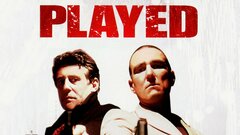
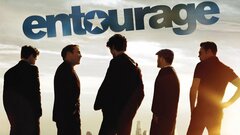




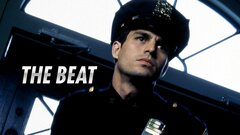


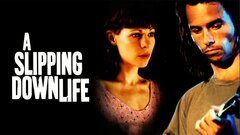
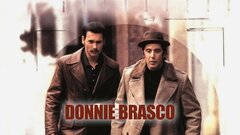
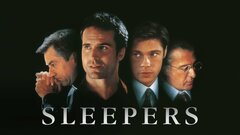
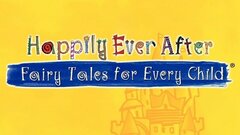
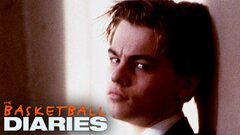

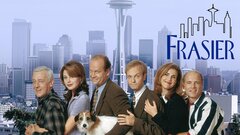
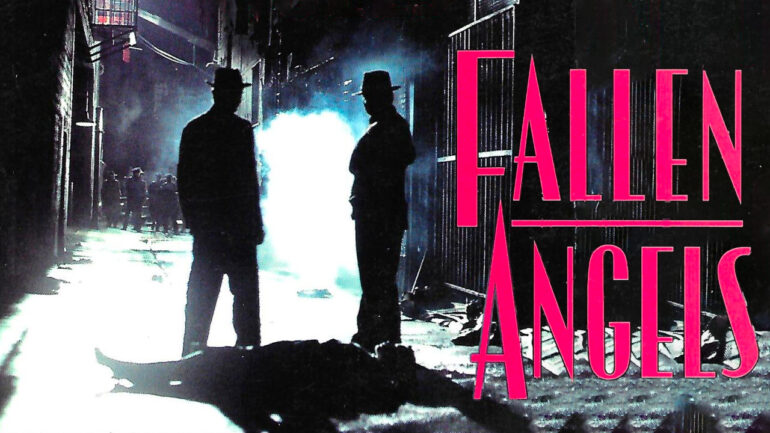
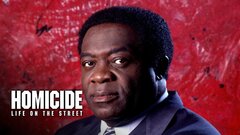

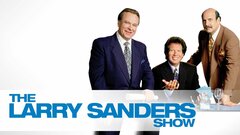
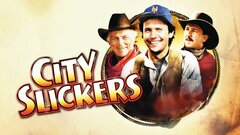
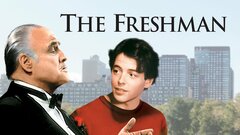
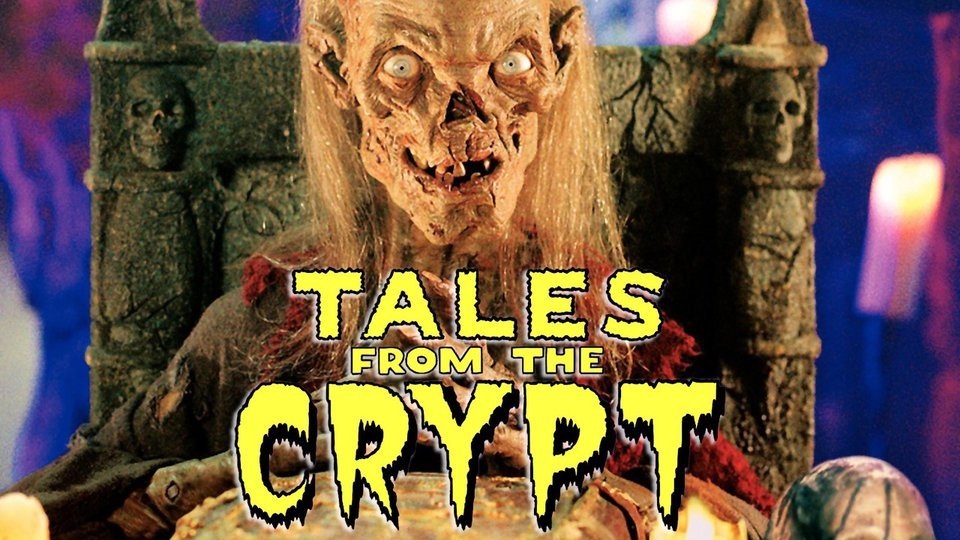
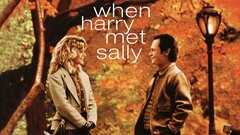


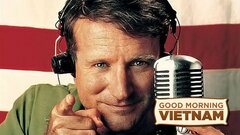

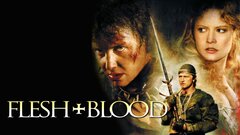
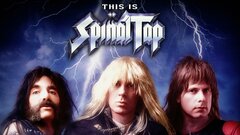

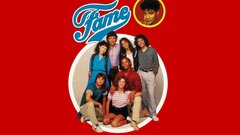
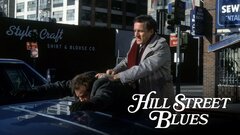

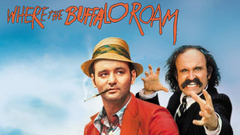
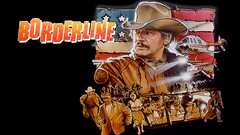






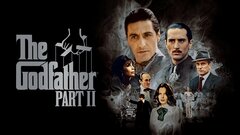
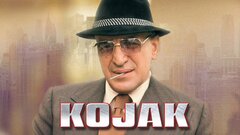
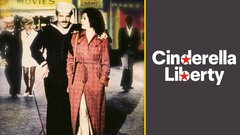
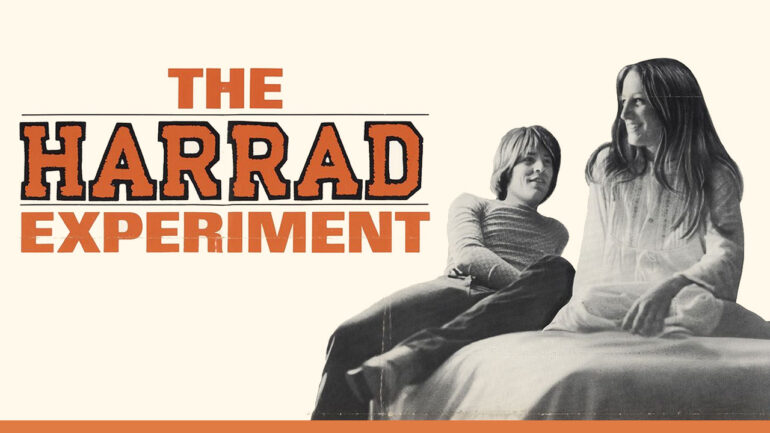

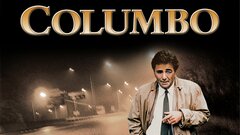

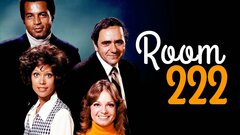


![2002 KATHY HUTCHINS / HUTCHINS PHOTO.52ND ACE EDDIE AWARDS.LOS ANGELES, CA 2/24/02.KIRBY BRUNO (Newscom TagID: khphotos200561) [Photo via Newscom]](https://media.baselineresearch.com/images/2140690/2140690_small.jpg)












































